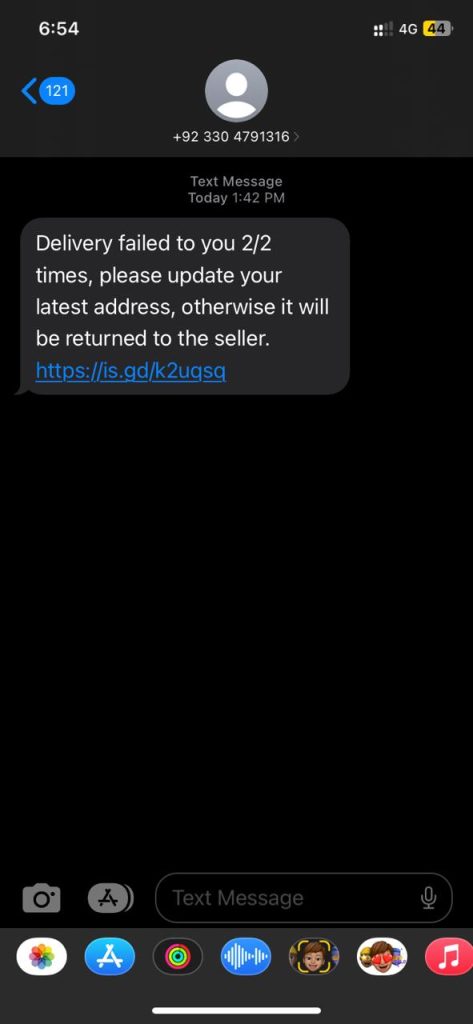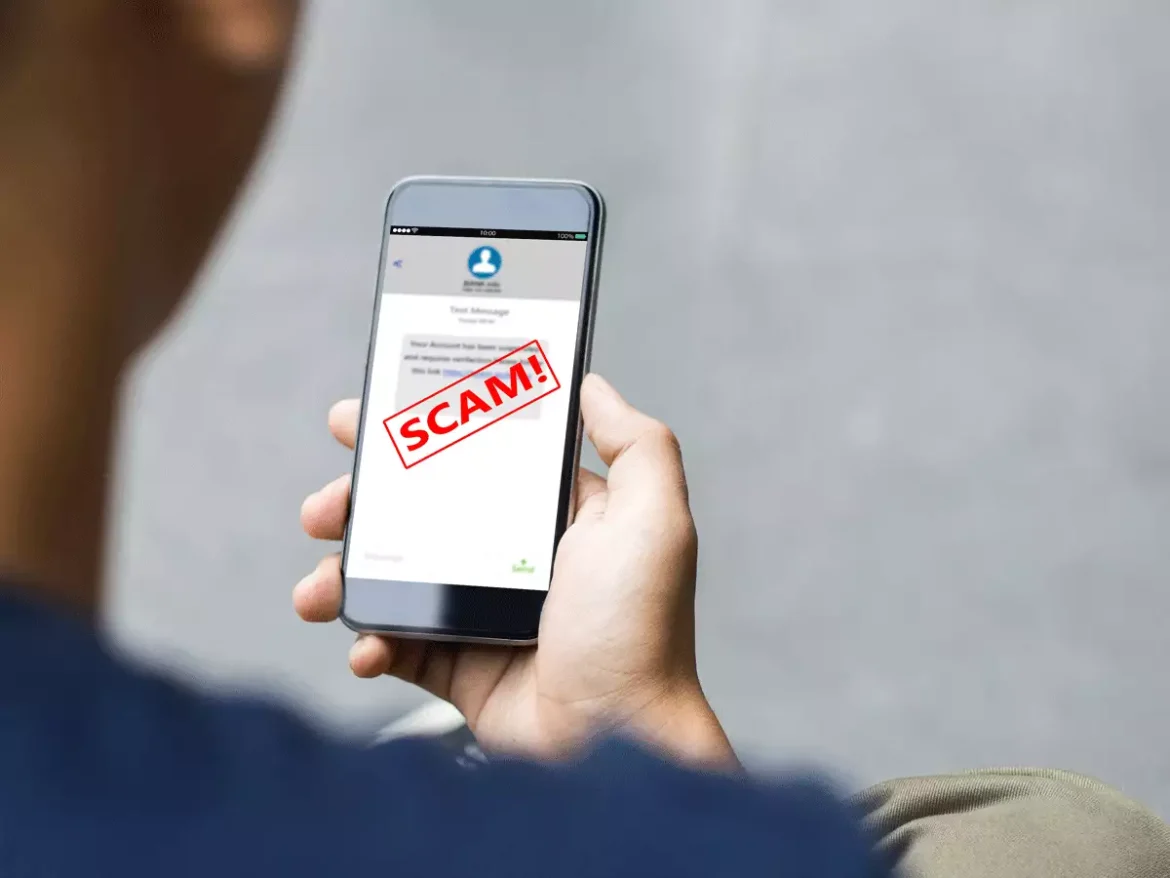- Scammers continue to use the same tactics, sending fake SMS messages that pose as official Pakistan Post communications, urging recipients to update their addresses through a malicious link.
- Pakistan Post does not request online payments or changes to orders via SMS, and any legitimate issues with orders are communicated through official channels, not random phone numbers.
- Users are advised to avoid clicking on suspicious links, verify the source of messages, and inform friends and family about these scams.
- Installing scam-detection apps like Google Messages can also help recognize and report fraudulent messages.
In the digital age, scams have evolved, becoming more sophisticated and prevalent. One particular scam that continues to plague users involves fake messages posing as official Pakistan Post communications. These fraudulent messages aim to trick recipients into sharing personal information or clicking on malicious links.
The Scam in Detail
These fake SMS messages mimic official Pakistan Post notifications, informing recipients to update their address via a provided link. The message typically looks official, but it’s designed to deceive.
Here is what these fake messages usually look like:

Despite the passage of time, scammers haven’t changed their tactics. The SMS still pretends to be an official communication from Pakistan Post, prompting you to click on a malicious link.
Important Reminders
It’s crucial to remember that Pakistan Post never requests online payments or changes to your order via SMS. They will not send a link asking for your personal information. If there’s an issue with your order, the platform you purchased from will contact you directly through their official channels, not via a random phone number.
Here are some key points to keep in mind:
- Never Click on Suspicious Links: Avoid clicking on links from unknown or suspicious sources. These links often lead to websites designed to steal your personal information.
- Verify the Source: Always verify the source of the message. If you receive an unexpected message claiming to be from Pakistan Post or any other official entity, contact the organization directly using their official contact information.
- Do Not Share Personal Information: Be cautious about sharing personal information online, especially if requested through an unsolicited message.
- Warn Others: Inform your friends and family about these scams. The more people are aware, the less likely they are to fall victim.
Protective Measures
To enhance your protection against such scams, consider taking the following steps:
- Install Scam-Detection Apps: Applications like Google Messages can recognize and report scam messages. These apps can provide an additional layer of security by filtering out potential scams before they reach you.
- Regularly Update Security Settings: Keep your phone and apps updated with the latest security features. Regular updates often include patches for known vulnerabilities.
- Enable Spam Filters: Most smartphones have built-in spam filters. Enable these filters to reduce the number of scam messages you receive.
Scams can be convincing, but staying informed and vigilant can significantly reduce your risk of falling victim. Always double-check the legitimacy of messages claiming to be from official sources and educate those around you to do the same. By taking these precautions, you can protect yourself and your loved ones from becoming victims of SMS scams.
Director Accused of Scamming Nausheen Shah Out of Rs3.5 M. Read the full story here:
In a dramatic turn of events, a well-known personality in the entertainment industry, Nausheen Shah has recently exposed what appears to be a scandal involving film director Nabeelur Rehman Lutfi. During a Ramadan transmission, Shah revealed shocking details about Lutfi’s alleged involvement in fraudulent activities, warning others to be vigilant, claiming she was scammed out of Rs3.5 million.
Have something to add? Let us know in the comments section below.
For more news and updates, stay tuned to Wow 360.
